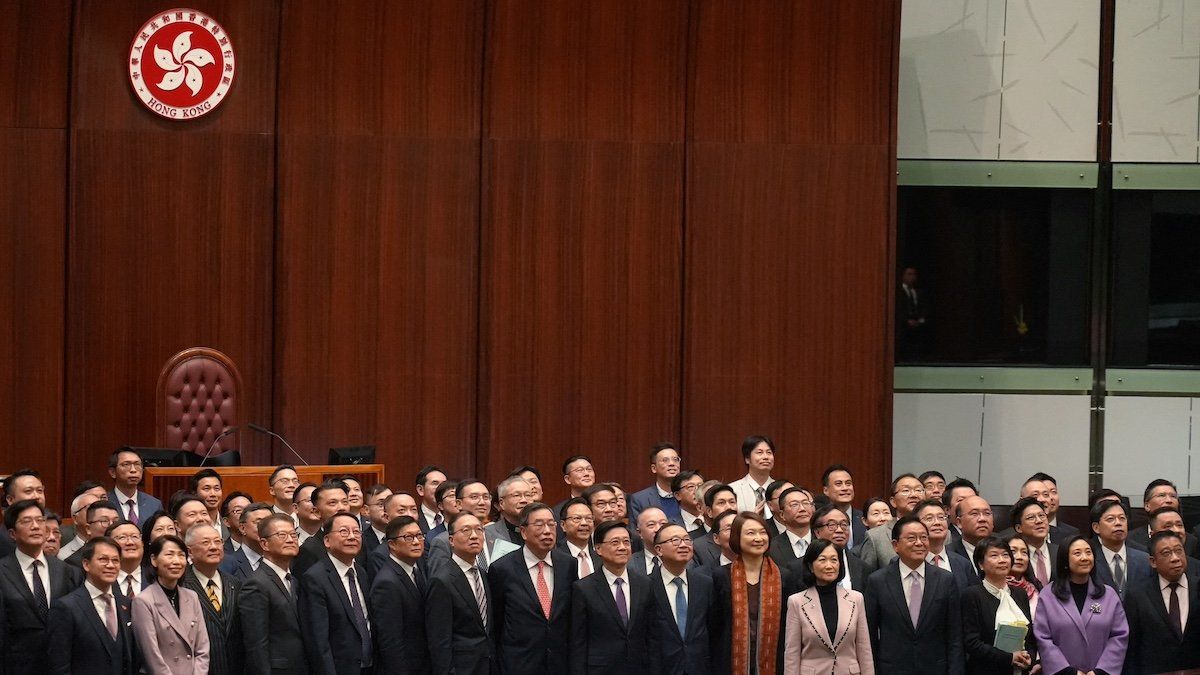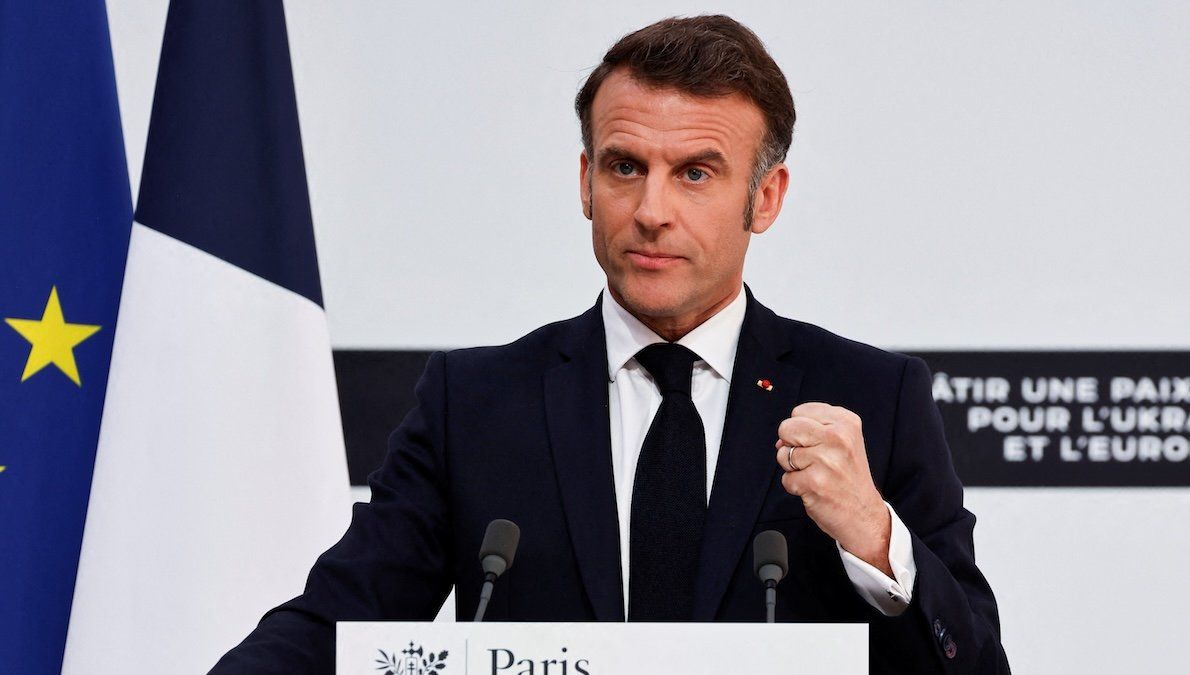Letter of the law. It allows authorities to detain people without charge for up to 16 days, conduct closed-door trials, and ban companies found to be “working for foreign forces.” But the devil is in the (lack of) details: The bill closely imitates Beijing’s state secrets law, with a broad definition of what might constitute theft or espionage.
It also introduces the new offense of “external interference.” Anyone found collaborating with loosely defined “external forces” could face charges.
What does it mean for Hong Kong? Chief Executive John Lee said the law – set to go into effect on Saturday – was necessary to halt unrest and root out “espionage activities.” He said passing it quickly will now allow his government to focus on economic growth, a key concern.
Hong Kong has long been known for an open business climate, but the laissez-faire vibes are fading after the harsh crackdowns on protests that broke out over an extradition law in 2019. Many of the city’s best and brightest have gone abroad, and multinationals worry about the risks of operating under the new rules. Lee bets that a booming economy might put minds at ease.


